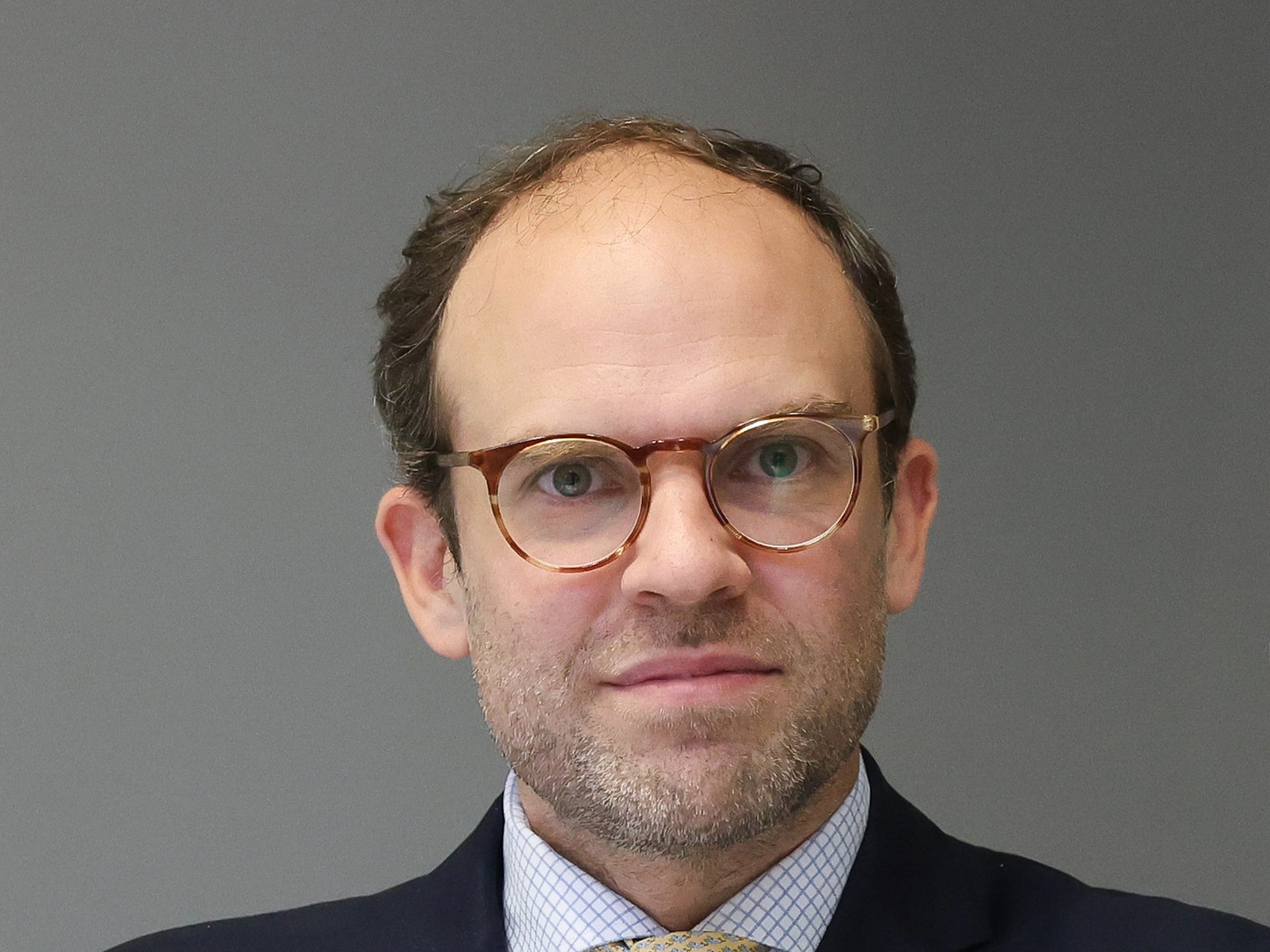In How Progress Ends: Technology, Innovation, and the Fate of Nations, Carl Benedikt Frey argues that progress, throughout history, has not just depended on technological innovations but also on the flexibility of our institutions.
Frey is the associate professor of AI & Work at the University of Oxford, where he directs the Future of Work program. In his new book, he explores how technological progress has unfolded throughout history, from the Qin Dynasty to Silicon Valley. He argues that progress is always fragile, resting on achieving a delicate balance between decentralized innovation and centralized scaling of new technologies.
In his conversation with Adam Job, senior director at the BCG Henderson Institute, he discusses how to achieve institutional flexibility, the hurdles we must overcome to turn AI into progress, and what lessons history holds for business leaders looking to navigate the conundrum of innovating versus scaling.
Key topics discussed:
[01:15] The fragility of progress
[05:35] The role of decentralization and centralization
[11:24] How to achieve institutional flexibility
[17:29] The hurdles to overcome for turning AI into progress
[21:04] How business leaders can navigate the conundrum of innovating vs. scaling
[25:00] Why progress might not yet end
Additional inspirations from Carl Benedikt Frey:
- The Technology Trap: Capital, Labor, and Power in the Age of Automation (Princeton University Press, 2019)





